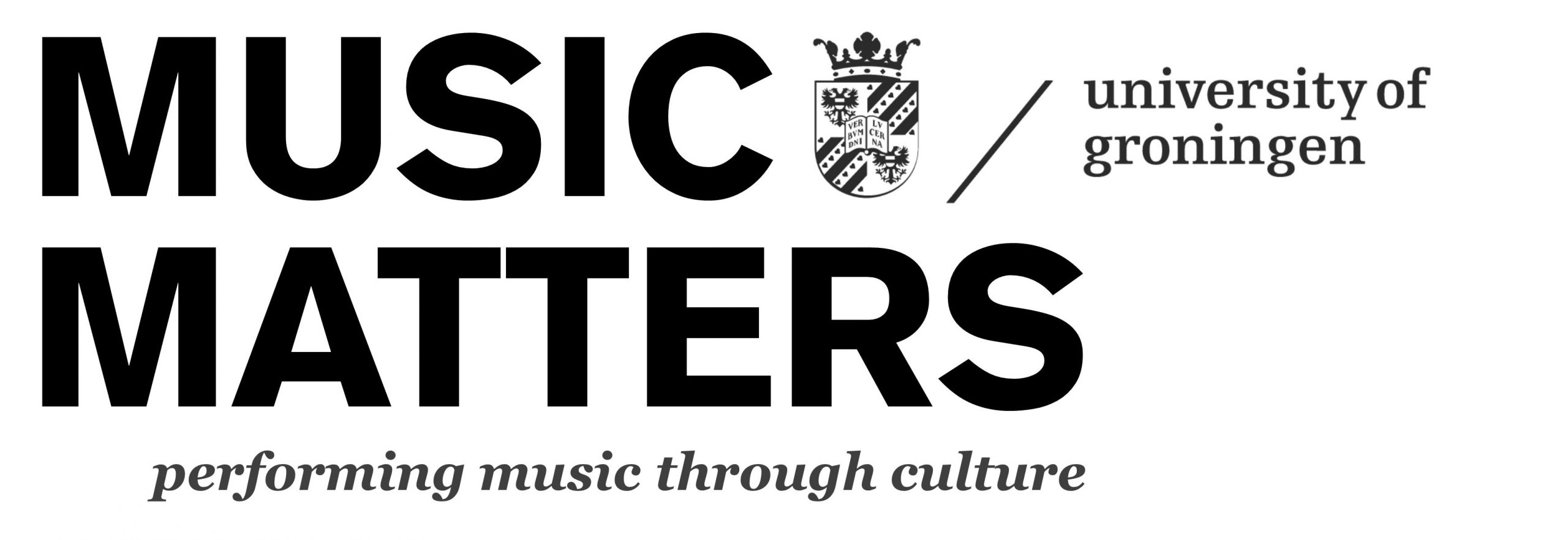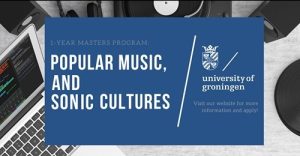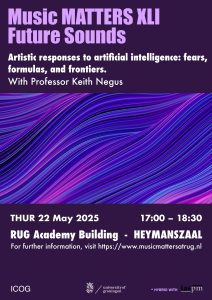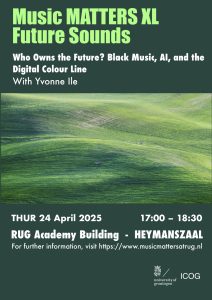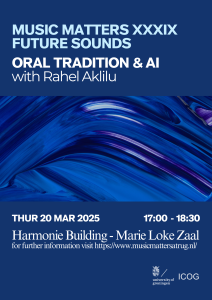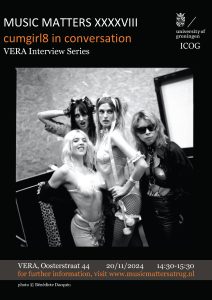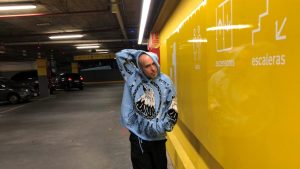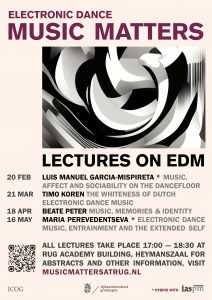University of Groningen Hosts the 2026 European Hip-Hop Studies Conference
Things done changed. Hip Hop studies’ foundation took place more than 30 years ago, with core writings such as Tricia Rose’s Black Noise setting the Blueprint and establishing debates that continue to this day. Since then we have seen great change: 2Pac and The Notorious B.I.G passed away in the mid-1990s, rap music’s sound palate has continued to expand (e.g., through crunk, trap into drill), with the genre in its various forms dominating the airwaves worldwide, and altering the shape of popular music writ large. At the same time, many of the structural dynamics that were at the root of Hip Hop’s inception continue to foster inequities, with systemic racism, sexism, and global capitalism wreaking havoc across the world.
The conference will take place in the Groninger Museum, during a major Hip Hop exhibition at the museum entitled Hip-Hop Is taking place between December 2025 and May 2026. See https://www.groningermuseum.nl/en/press/nieuwe-tentoonstelling-hip-hop-is-in-groninger-museum for more information on the exhibition and https://europeanhiphopstudiesnetwork.wordpress.com/network-meetings/ehhsn-9-0-2026-meeting-groningen-the-netherlands/ for more information on the conference.

Music Matters XLVI (21 & 22/01/2026) Two Talks by Martin Stokes
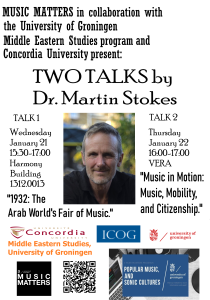
Join us for two public talks by ethnomusicologist Dr. Martin Stokes! The first takes place on campus (Harmony Building room 1312.0013) on Wednesday January 21 (15:30-17:00) and is entitled “1932: The Arab World’s Fair of Music.” The second will be at Vera (Oosterstraat 44) on Thursday January 22, 16:00-17:00 and is entitled “Music in Motion: Music, Mobility and Citizenship.” This second talk is also connected with a concert by the Daryn Esemble that will take place at Vera in the evening. For more details see: https://www.vera-groningen.nl/events/music-in-motion-2026/?lang=en
Music Matters XLIII (15/01/2026) ESNS Talks #1
Starting in 2026, we are partnering with Eurosonic to present a new series of talks at the intersections of Eurosonic’s mission to support the international music ecosystem and emerging European artists and research questions of interest to scholars and students in the Popular Music and Sonic Cultures Master’s program. The result is ESNS Talks, a series of discussions with artists, music industry figures, and scholars. The first will take place during Eurosonic 2026 and consists of two hour-long panel discussions:
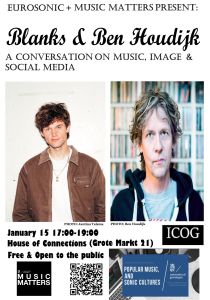
In the first part of the program, with Groningen’s very own Blanks and music photographer Ben Houdijk, we will discuss crafting artist identities and generating audience engagement through photography and innovative online artmaking and social media content production. This will be a valuable discussion for developing artists, influencers, and anyone interested in performance, image, social media and identity.
See: https://esns.nl/nl/conference/panels/esns-talks-crafting-musical-identities/
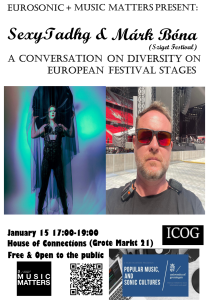
Then in part two of the program, with Sziget (Hungary) festival booker Márk Bóna and artist and activist Sexytadgh, we’ll discuss perspectives on how to cultivate diversity on festival stages and the differing needs of distinct regions in Europe. We’ll focus specifically on the impact of queer performance and the programming of diverse lineups in Hungary, Romania, and the metal scene, but will also present new insights related to gender and racial equity on European stages.
See: https://esns.nl/nl/conference/panels/esns-talks-diversity-and-inclusivity/
Music Matters XLII (31/10/2025) Music and the Resilience of New Orleans
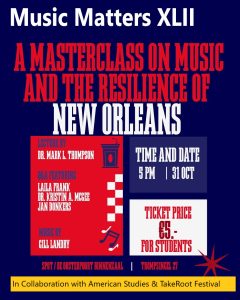
The Music Matters at University of Groningen Lecture & Performance Series returns on October 31st with a lecture, performance, and panel discussion on the music cultures of New Orleans.
Louisiana based singer-songwriter Gill Landry (former member of the band Old Crow Medicine Show, see www.gilllandrymusic.com/) perform and engage in discussion with NPO Radio 1 journalist Laila Frank, pop culture journalist Jan Donkers, and Arts Culture and Media professor and musicologist Dr. Kristin McGee. There will also be a short lecture on New Orleans music by American Studies professor Dr. Mark Thompson.
This event is a collaboration with the Take Root Festival https://www.spotgroningen.nl/events/takeroot/ and the American Studies program at University of Groningen.
All are welcome to join. Tickets are 5 EUR and are available at:
www.spotgroningen.nl/programma/american-studies-presents-takeroot-talks/
